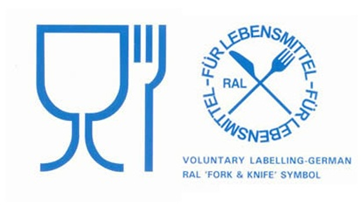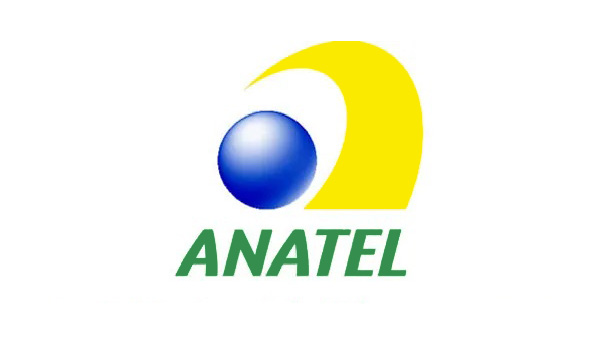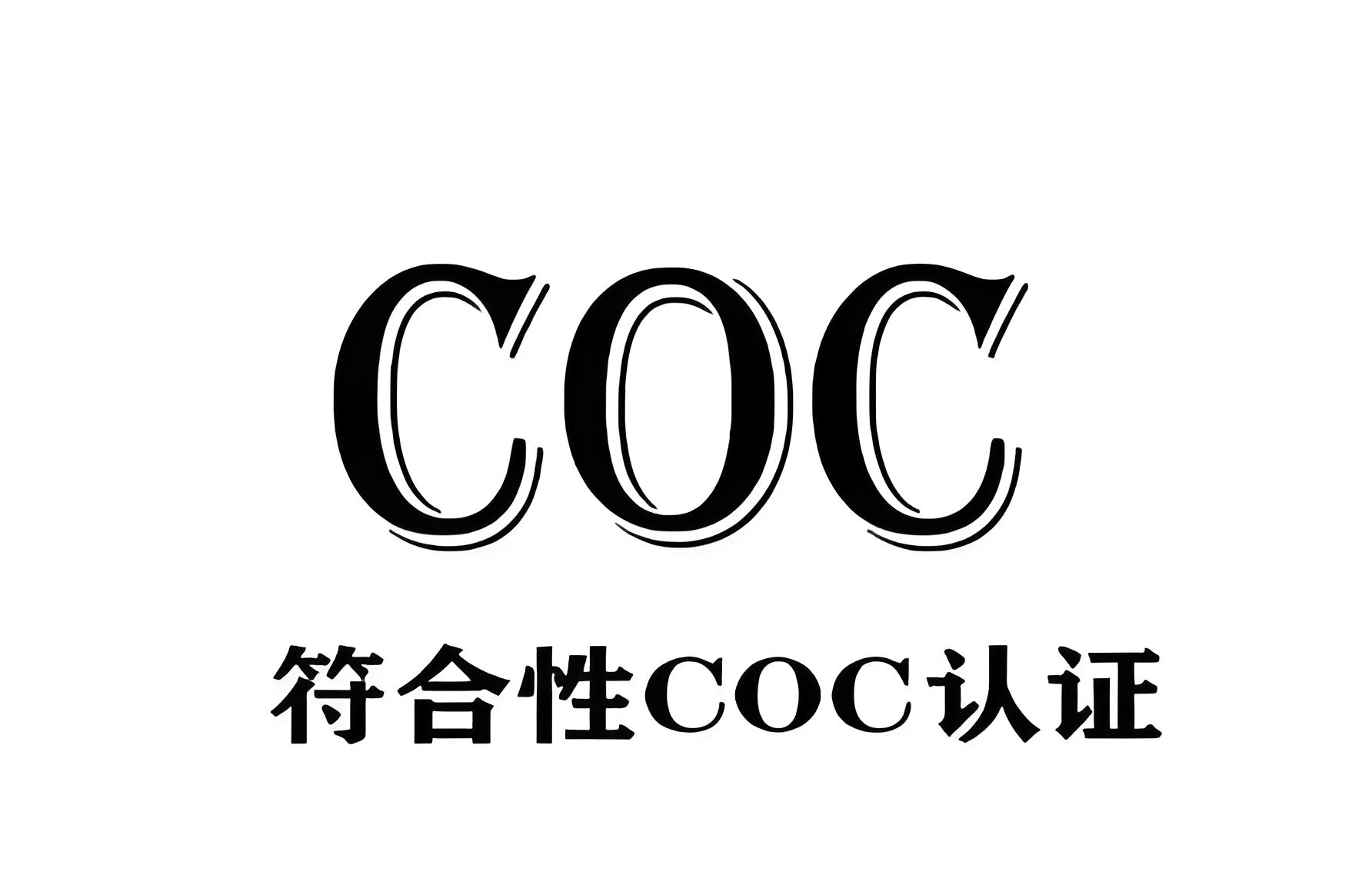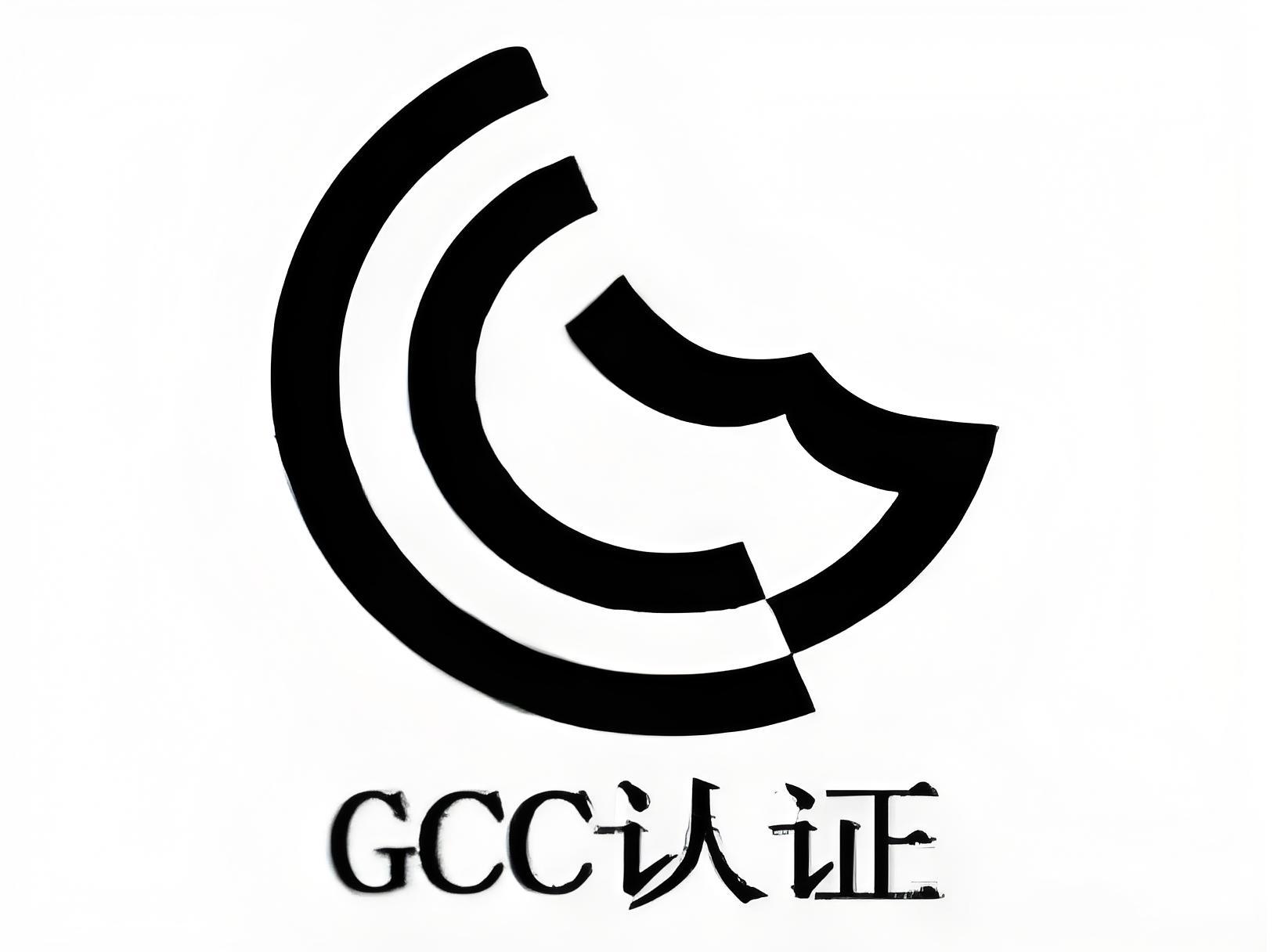
basic introduction
The German LFGB is the German Food and Dietary Products Act. Food and all food-related products on the German market must comply with LFGB requirements. Food contact materials must pass relevant tests to enter the German market. After passing the test requirements stipulated in the LFGB, they will obtain an LFGB test report that recognizes that the product does not contain chemically hazardous substances and is allowed to be sold in the German market.

LFGB logo
The LFGB logo is "knife and fork" on behalf of food safety. For food contact materials, if there is a "knife and fork" symbol, it means that the product has passed the inspection of many European countries including Germany. In the European market, the "knife and fork" logo can enhance consumers' trust in the product and increase the competitiveness of the product in the market.
Certification scope
LFGB certification scope
The LFGB test range includes materials that are in contact with food, so there is no defined product range. As long as the materials that are in direct contact with food or that may be in contact with them, all need to meet the LFGB test requirements.
Scope of LFGB test report
The German LFGB test requirements are stricter than other national standards, so the LFGB test report is often recognized by other countries, especially the EU countries, but the United States is excluded.
Common products
Tableware such as bowls, cups, knives and forks, spoons, pots, plates, saucers, chopsticks, trays, napkins, straws, etc.;
Kitchenware such as knives, pots, spatulas, pots, peelers;
Kitchen appliances such as juicer, soymilk machine, coffee machine, kettle, oven, rice cooker, toaster, etc.;
Packaging and storage of cling film, cling bags, cling boxes, storage tanks, seasoning bottles, sealed cans, table cloths and other products.
Other products that have direct contact with food or are likely to come into contact are involved in the LFGB test range.
Reporting process
1. The applicant wants the testing agency to provide information on the application sample (or provide the sample directly)
2. The testing agency evaluates samples, evaluates test standards and test items, and provides fees
3. The applicant will provide sample test after acceptance
4. The testing agency conducts tests in accordance with the test standards, and the LFGB test report is issued after the test is passed
Test items and requirements
1. Initial inspection of samples and materials
2. Sensory evaluation of odor and taste transfer
3. Plastic samples: transferable component test and heavy metal precipitation test
4. Metals: Composition and heavy metal precipitation test
5. Silicone resin: test for transferable or volatile organic compounds
6. Special materials: inspection of chemical hazards in accordance with the German Chemical Law
7. Detection of certain azo dyes used in daily necessities such as textiles, leather and polyester fibers.
8. Testing of harmful chemical ingredients and heavy metals in cosmetics
9. Testing of harmful components in tobacco
Common material testing requirements
· General plastic products: comprehensive migration and sensory tests are required.
· PVC plastic products: comprehensive migration test, vinyl chloride monomer test, peroxide value test and sensory test.
· PE plastic products: comprehensive migration test, peroxide value test, chromium content test, Kay content test, wrong content test, sensory test.
· PS, ABS, SAN, Acrylic plastic products: comprehensive migration test, peroxide value test, (VoM) total organic volatile matter, sensory test.
· PA, PU plastic products: comprehensive migration test, peroxide value test, aromatic amine migration test, sensory test.
· PET plastic products: comprehensive migration test, peroxide value test, zinc content test, lead content test, comprehensive migration test, peroxide value test.
· Silicone rubber products: comprehensive migration test, (VoM) organic volatile matter content, peroxide value test, organic tin compound test, silicon-sensitive test.
Paper products: (PCP) pentachlorophenol test, (pb cd hg CrVl) heavy metal (lead, cadmium, mercury, hexavalent chromium) release, antibacterial composition migration test, formaldehyde content test, colored paper products-additional Azo dye test.
· Products with non-stick coating (non-stick pan): comprehensive migration test, phenol dissolution test, formaldehyde dissolution test, aromatic amine dissolution test, (V1) hexavalent chromium dissolution test, (111) trivalent chromium dissolution test Quantity test, PFOA ammonium perfluorooctanoate test, sensory test.
· Metals, alloys and electroplated products: heavy metal dissolution (lead, cadmium, chromium, nickel) test, sensory test.
· PP plastic products: comprehensive migration test, chromium content test, vanadium content test, zirconium content test, sensory test.
· Baking paper products: appearance, thermal stability, antibacterial composition migration test, (PCBs) polychlorinated biphenyl test, formaldehyde dissolution test, sensory test.
· Wood products: (PCP) pentachlorophenol test, sensory test.
· Ceramics, glass, sugar and porcelain products: the test of the lead and cadmium dissolution of the part in contact with food, the cup has passed the additional lead and cadmium dissolution.
Our advantage
1. With a professional qualification and experienced expert technical team, we can provide you with professional consultation and services.
2. Have advanced laboratory equipment to ensure the accuracy and reliability of test data.
3. As a third-party testing and certification organization trusted by customers worldwide, we are your certificate of quality.


ANATEL certification is a mandatory certification for telecommunications equipment or related equipment by the Brazilian National Telecommunications Administration (Agência Nacional de Telecomunica??es), including wireless communication equipment, wired communication equipment and related auxiliary equipment; this certification ensures that telecommunications equipment sold in the Brazilian market meets Brazil\'s technical standards and regulatory requirements, and guarantees the product\'s quality requirements such as radio frequency, electrical safety, electromagnetic compatibility, and electromagnetic exposure. If the product entering Brazil does not complete ANATEL certification, it may face fines, seizures, and other penalties.

COC certification in Algeria is a mandatory certification for products exported to Algeria, ensuring that the products comply with the country\'s safety, quality, and technical standards. The certification process includes document review, product testing, and factory inspection. Products that pass certification can be legally sold in the local market, protecting consumer interests and promoting fair trade.

GCC certification is the abbreviation for Gulf Cooperation Council certification, which is a mandatory certification requirement for products entering the market in Saudi Arabia and other countries in the Gulf region.
The German LFGB is the German Food and Dietary Products Act. Food and all food-related products on the German market must comply with LFGB requirements. Food contact materials must pass relevant tests to enter the German market.
Get a quote